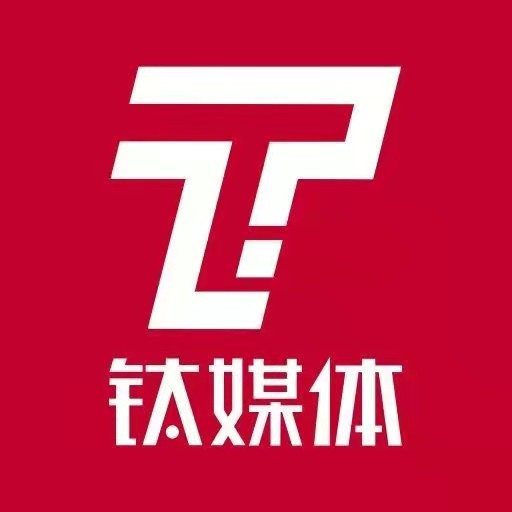
The Guangzhou-based automaker didn ’ t break down deliveries by model or brand, including its new mass-market Mona line, which is aimed at the ultra-low-end segment. Still, shares of the U.S.-listed company rose more than 2% in New York trading on Tuesday.
China ’ s EV market has seen a renewed wave of aggressive discounting in recent weeks, drawing official concern. President Xi Jinping chaired a high-level economic policy meeting Tuesday that called for curbing "low-price, disorderly competition," according to state media. The country ’ s top market regulator has also recently criticized "involution" — a term used in China to describe excessive and self-defeating competition.
Xpeng ’ s performance stood out against mixed results from its Chinese EV peers.
Li Auto Inc., known for its extended-range SUVs, delivered 36,279 vehicles in June, an 11.2% decline from the previous month. Still, it beat its downwardly revised second-quarter guidance with 111,074 units. The company slashed its Q2 target last week by more than 15,000 vehicles, citing a disruption caused by a sales system upgrade.
Nomura analysts noted Li Auto also began clamping down on "commission sharing" rebates in June — a common sales tactic where staff passed part of their bonus to customers — suggesting a shift toward tighter internal controls and improved brand management.
Zeekr, the premium EV arm of Geely, saw deliveries fall 11.7% month-on-month and 16.9% year-on-year to 16,702 units. Nio Inc., meanwhile, posted a slight monthly increase to 24,925 vehicles, helped by stronger sales of its flagship brand as well as new entries Onvo and Firefly.
Tesla, Xiaomi Feel the Heat
Competition is also mounting for Tesla Inc., which recently hiked the price of its Model 3 long-range variant by 10,000 yuan ( $1,400 ) . The U.S. EV giant is losing ground to local rivals ’ more frequent product rollouts.
Xiaomi Inc. said it delivered over 25,000 EVs in June, down slightly from the prior month. Still, the smartphone maker claimed its newly launched YU7 SUV had garnered more than 240,000 locked-in orders after it priced the vehicle 10,000 yuan below Tesla ’ s Model Y. Delivery times for the new model have already stretched beyond six months, according to the company ’ s online portal.
"Some of those orders are likely from scalpers anticipating short-term supply shortages," said JL Warren Capital ’ s Junheng Li in a note.
Tesla ’ s China sales are under pressure, with JL Warren estimating Q2 deliveries fell 12% year-on-year to around 128,000 units. The China Passenger Car Association has yet to release June figures, but data through May showed Tesla sold just over 200,000 vehicles in the country in the first five months of the year.
BYD Still on Top
BYD continues to dominate China ’ s EV market, with June passenger vehicle sales rising to 377,628 units — more than half of which were battery-electric models. That brings its first-half tally to over 2.1 million vehicles.
In contrast, Leapmotor delivered 48,006 cars in June, a monthly record, while Huawei-backed Aito shipped 44,685 vehicles. Both have emerged as strong contenders in the rapidly expanding mid-tier segment.
First-half deliveries for Leapmotor and Li Auto each surpassed 200,000 units. Xpeng came close with 197,189 cars, while Xiaomi crossed the 150,000 threshold, based on CNBC calculations.
